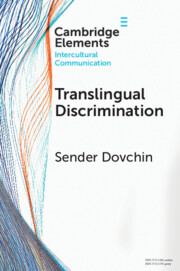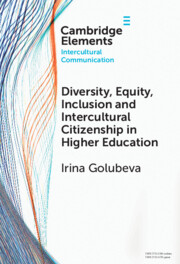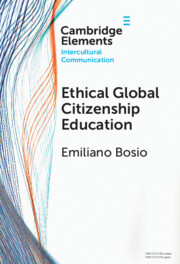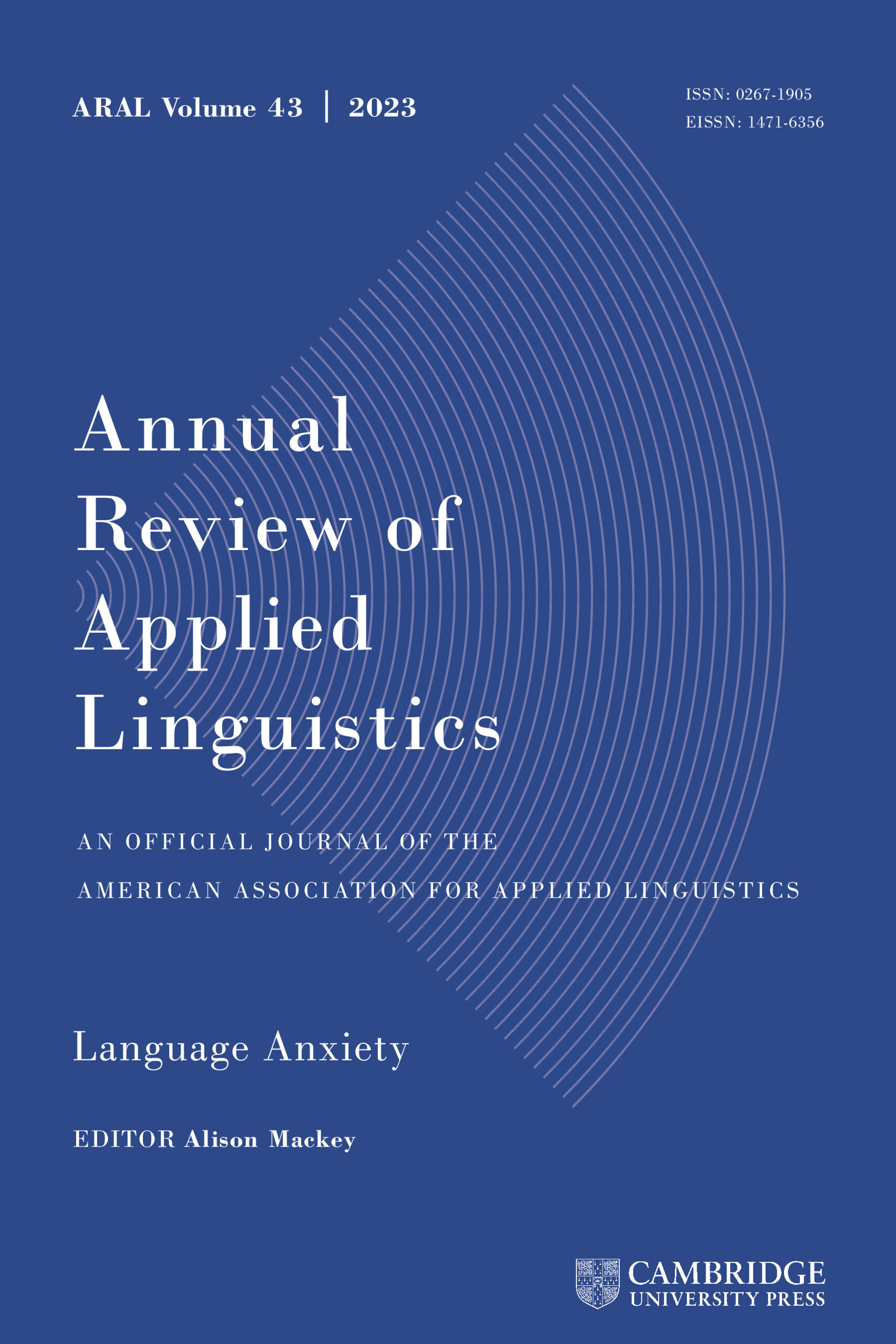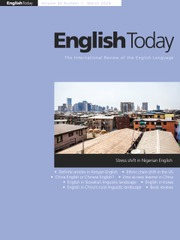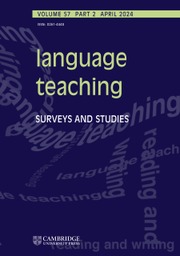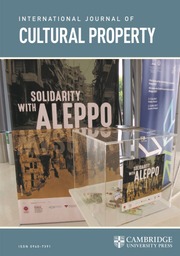Translingual Discrimination
Moving beyond two main concepts of 'interlingual' and 'intralingual' discrimination, this Cambridge Element addresses the concept of 'translingual discrimination', which refers to inequality based on transnational migrants' specific linguistic and communicative repertoires that are (il)legitimized by the national order of things. Translingual discrimination adds intensity to transnational processes, with transnational migrants showing two main characteristics of exclusion - 'translingual name discrimination' and its associated elements such as 'name stigma' and 'name microaggression'; and 'translingual English discrimination' and its elements such as 'accentism', 'stereotyping' and 'hallucination'. The accumulation of these characteristics of translingual discrimination causes negative emotionality in its victims, including 'foreign language anxiety' and 'translingual inferiority complexes'. Consequently, transnational migrants adopt coping strategies such as 'CV whitening', 'renaming practices', 'purification', and 'ethnic evasion' while searching for translingual safe spaces. The Element concludes with the social and pedagogical implications of translingual discrimination in relation to transnational migrants.
Product details
No date availablePaperback
9781009209731
75 pages
228 × 152 × 5 mm
0.15kg
Table of Contents
- 1. Translingual Discrimination
- 2. Translingual Name Discrimination
- 3. Translingual English Discrimination
- 4. Translingual Discrimination and Emotionality
- 5. The Implications of Translingual Discrimination
- Appendix
- References.

